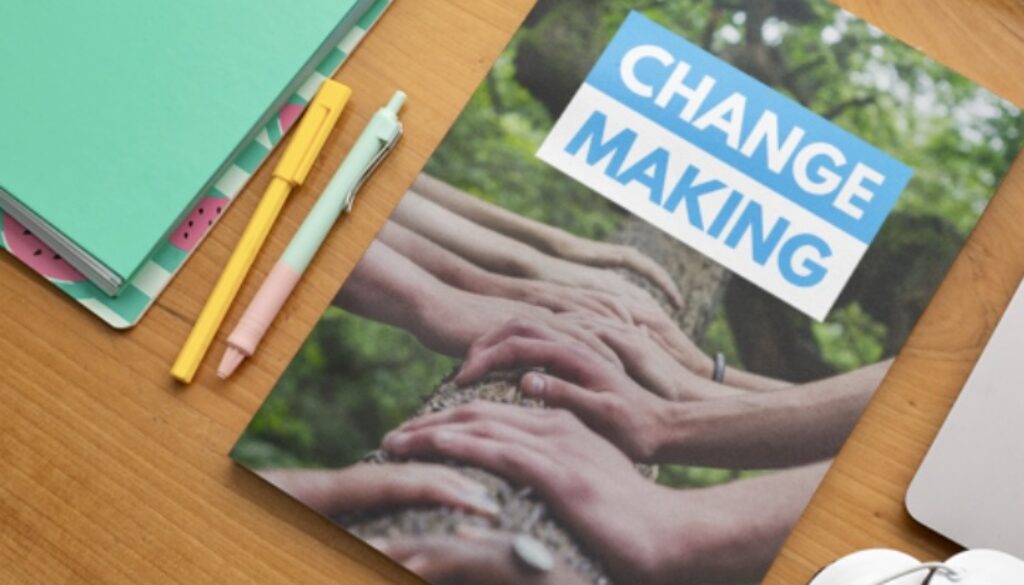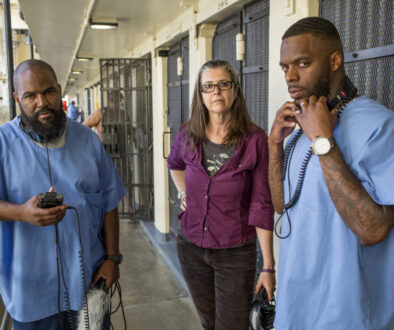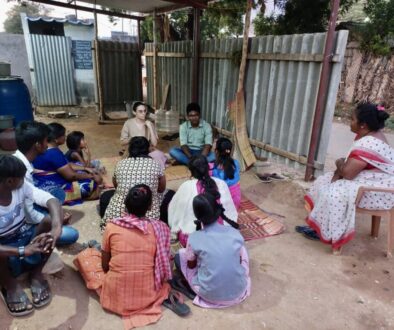Why we’re launching an academic journal… for non-academics?
The importance of academic research in promoting social change cannot be understated. By conducting rigorous studies and publishing their findings, academics are able to shed light on crucial issues and offer solutions that can help to improve the lives of people all over the world. In addition, academic research can help to raise awareness of social problems and mobilise support for change. For example, research on the link between poverty and poor health has helped to galvanise public support for initiatives to combat poverty. Similarly, research on the harms caused by child labor has led to calls for laws and regulations to protect children from exploitation. Ultimately, academic research is a powerfully tool for promoting social change.
Our founder Tiyana J has become acutely aware of the barriers to allowing academic research to promote social change, which is why in the midst of her PhD, she set out to launch an academic journal that prioritises real-world impact and innovation. There’s a lot of important knowledge locked up in academic journals. But unless you’re a student or researcher at a university, you probably don’t have access to most of it. And that’s a shame, because this knowledge can be used to improve people’s lives. Making academic journals and knowledge accessible to everyone would allow us to identify the gems that could make a real difference in the world. So, we’re ready to lead the change by opening up the ivory towers and let the good ideas flow!
With a vision founded on becoming an internationally-recognised trans/multi-disciplinary publication, the ChangeMaking Journal (originally to be titled the Changing Times Journal to align with our transmedia news platform) takes a transmedia approach to research and storytelling for social impact, whilst retaining academic rigour and integrity. The aim of the journal is to make the latest innovative research accessible to those engaged in grassroots action and promoting social change, and to allow lived experience, Indigenous knowledge, the arts, and citizen-lead projects to inform academic research.
A Transmedia Approach


What is transmedia storytelling? In a nutshell, it’s telling a story across multiple platforms. This could involve anything from creating a website or app to complement a movie or TV show, to developing an entire universe of characters and stories that span multiple mediums. Why transmedia? Well, for one thing, it allows storytellers to engage with audiences in new and exciting ways. It also enables stories to be told in a more immersive way, blurring the lines between fiction and reality. And last but not least, it gives audiences the opportunity to interact with the story in a variety of ways, making for a more personal and unique experience. There’s no denying that it’s a powerful tool for engage audiences and transporting them into new worlds; and we don’t think that the world of social change should be exempt from offering transmedia experiences.

Embracing Non-Traditional Forms of Academic Knowledge
There’s more to academic knowledge than the traditional empirical forms of knowledge, that can add their own value to the tapestry of human knowledge and how we make sense of the world. you learn in school. In fact, there are many different forms of knowledge that can add value to both communities of research and practice:
- Lived experience: What you learn from your own life experiences can be just as valuable as what you learn from a textbook. After all, who knows better than you do about the things that have happened to you?
- Community knowledge: The things we learn from the people we work with can be invaluable. Whether it’s learning about a different culture or simply getting a different perspective on an issue, community knowledge can broaden our horizons and deepen our understanding of the world.
- Expertise: If you have expertise in a particular field, particularly from hands-on experience tackling the issues you care about, that knowledge is also valuable. Whether you’re an expert in history or science or art, or the oral histories of your community, your expertise can add another layer of understanding to the things we know about the world.
All of these forms of knowledge are important, and each one can contribute to our overall understanding of the world.

Addressing the Practice-Research divide
In many fields, there is often a disconnect between researchers and practitioners. Researchers may be focused on conducting studies and publishing papers, while practitioners are focused on working directly with clients. This disconnect can lead to a lack of communication and collaboration, which can ultimately hinder social change.
There are several reasons why the gap between researchers and practitioners exists. One reason is that they often have different priorities. Researchers may be more interested in pursuing knowledge for knowledge’s sake, while practitioners may be more interested in applying that knowledge to help people in need. Another reason is that they often have different skillsets. Researchers generally have more training in research methods and statistics, while practitioners generally have more training in social work practice. Finally, they often operate in different contexts. Researchers typically work in academia, while practitioners typically work in direct service settings.
Despite the challenges, it is important for researchers and practitioners to find ways to collaborate effectively. When they do, they can create a powerful force for social change. By pooling their resources and expertise, they can develop innovative solutions to complex social problems. They can also serve as check on each other’s work, ensuring that it is of the highest quality possible. Ultimately, only by working together can researchers and practitioners hope to make a lasting difference in the world.




